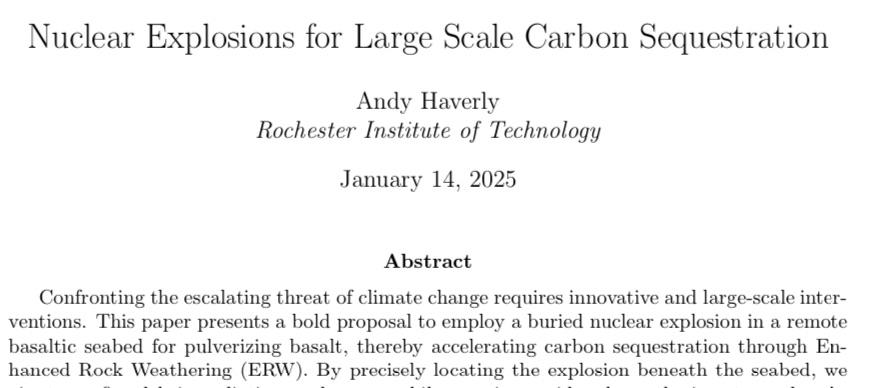Science Memes
Welcome to c/science_memes @ Mander.xyz!
A place for majestic STEMLORD peacocking, as well as memes about the realities of working in a lab.

Rules
- Don't throw mud. Behave like an intellectual and remember the human.
- Keep it rooted (on topic).
- No spam.
- Infographics welcome, get schooled.
This is a science community. We use the Dawkins definition of meme.
Research Committee
Other Mander Communities
Science and Research
Biology and Life Sciences
- [email protected]
- [email protected]
- [email protected]
- [email protected]
- [email protected]
- [email protected]
- [email protected]
- [email protected]
- [email protected]
- [email protected]
- [email protected]
- [email protected]
- [email protected]
- [email protected]
- [email protected]
- [email protected]
- [email protected]
- [email protected]
- [email protected]
- [email protected]
- [email protected]
- [email protected]
- [email protected]
- [email protected]
- !reptiles and [email protected]
Physical Sciences
- [email protected]
- [email protected]
- [email protected]
- [email protected]
- [email protected]
- [email protected]
- [email protected]
- [email protected]
- [email protected]
Humanities and Social Sciences
Practical and Applied Sciences
- !exercise-and [email protected]
- [email protected]
- !self [email protected]
- [email protected]
- [email protected]
- [email protected]
Memes
Miscellaneous
Dare to dream.
Drivel...
I say we take off and nuke the entire site from orbit
It's the only way to be sure
No more climate change if no more climate!
I've got my fingers crossed for a Snowpiercer set up.
The point is that it's a passive process, not an active one. No need for pumping.
Water is so much denser than air that you do get more exposure time per unit time.
I guess Trump could add a new canal to the Red Sea, as per an old proposal involving nukes to dig it. Considering this administration, I wouldn't be surprised at all.
Well, I'm sure controlled slow-paced mining is more energy efficient and will emit less carbon to create...
But I'm not stopping that guy. Go on. I'll just watch from a safe distance.
Going of the value in the paper and wikipedia it would take the energy used by all of humanity in two months.
You either spend a truckload of resources during decades to make a bomb that explodes releasing the same energy humanity spends in two months, or you spend a truckload of resources doing the end task at a slower pace for decades.
The later is guaranteed to require a smaller truckload.
Why is the second guaranteed to be smaller?
We know how nuclear bombs work. The majority of the energy comes from nuclear fusion, a highly exothermic process, that can (in the foreseeable future) only be used in bombs.
If we don't need to drop the bomb, but rather assemble it in place, it can just use deuterium as a fusion fuel. Deuterium can be distilled from normal water for much less energy that it generates in fusion.
Edit: mixed up fusion and fission in the first statement
The majority of the energy comes from nuclear fission
Yes, from an extremely inefficient fission reaction that can be improved by an order of magnitude by doing it slowly in a reactor.
Mixed up fission and fusion there, they sound so similar in English.
The comment talks about fusion.
Most of the energy does not come from fusion.
It does in modern designs, the first time it happened was in 1952.
To quote Wikipedia:
The first thermonuclear weapon detonation, where the vast majority of the yield comes from fusion, was the 1952 Ivy Mike test of a liquid deuterium-fusing device.
Carbon sequestration is not going to solve global warming. CO2 is less than 2% of atmosphere. Even if you pass a shitton of air through the strata the difference will be negligible.
This is by far the most practical "geoengineering" solution I've seen, far better than aerosols over the arctic, space shades or whatever. The ecological damage is comparatively miniscules.
And even then... quite a engineering feat. Nukes are actually "cheap" to scale up (a small bomb can catalyze big, cheap cores), but burying that much volume "3-5 km into the basalt-rich seafloor" is not something anyone is set-up to do.
But by far the hardest part is... information. Much of the world doesn't even believe in climate change anymore, and by the time they do, it will be too late.

